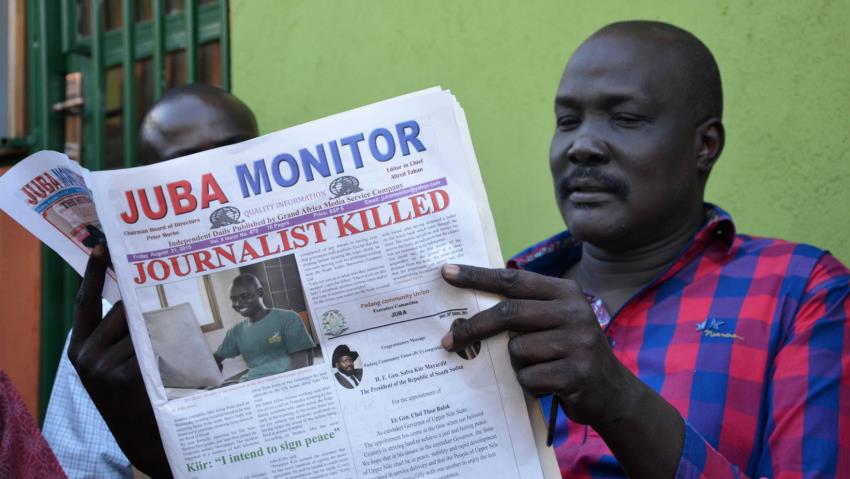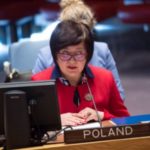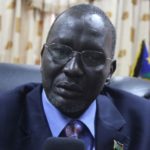As South Sudan’s civil war creates the world’s largest refugee crisis and widespread allegations of sexual and ethnic violence, the government is clamping down on the news media, journalists charge.
This is starkly evident in the country’s newspapers, which the government in May started censoring by blanking out articles it deems critical.
In addition, 15 South Sudanese journalists have been arrested, beaten, jailed, threatened or denied access to information in the past four months, according to the Union of Journalists in South Sudan.
At least 20 members of the foreign press have been banned from or kicked out of South Sudan in the past six months, the Foreign Correspondents’ Association of East Africa says.
With the civil war more than three-and-a-half years old, journalists say they are hard-pressed to report on alleged atrocities amid warnings by the United Nations and others of ‘ethnic cleansing’.
In her first public statement on the issue, U.S. Ambassador Molly Phee said that the pattern of denying visas to foreign journalists violates international standards.
“U.S. law prohibits assistance to the government of South Sudan until they take effective steps to protect freedoms of expression, association and assembly,” Phee said. Such direct financial assistance to a government doesn’t include humanitarian aid, which this year amounts to $391 million.
Since South Sudan gained independence from Sudan in 2011, the media landscape has become grim. Reporters without Borders ranks the country 145th out of 180 states in its 2017 World Press Freedom Index, down five slots from the previous year.
The Committee to Protect Journalists says South Sudan has muzzled the media for too long and is urging President Salva Kiir not to use the accreditation of foreign journalists ‘as a new tool of censorship and retaliation against foreign media’.
In March, Austrian freelancer Simona Foltyn was told to leave the country by the Media Authority, a regulatory body created by South Sudan’s government.
“The (Media Authority) managing director told me that I’d only been reporting about conflict and sexual violence,” Foltyn said. “And that I hadn’t been writing anything positive about South Sudan.”
The blocking of journalists is getting worse, said Alfred Taban, a veteran South Sudanese reporter and chairman of the Association for Media Development in South Sudan.
“Who at this time, if he’s a real journalist, would write articles that aren’t critical about South Sudan?” Taban asked.
A spokesman for South Sudan’s government, Ateny Wek Ateny, said the government doesn’t interfere with the Media Authority’s activities.
“I don’t entirely agree with the decision to reject journalists, but anyone who is trying to incite the people of South Sudan is not wanted in this country,” Ateny said.
The government established the Media Authority in February to regulate journalistic practices. It is funded by the government and some board members are government officials.
“Hate speech, defamation and incitement are three things we don’t tolerate,” said Media Authority managing director Elijah Alier. He said it isn’t his intention to restrict journalists or throw them out of the country, but said unbalanced reporting can be harmful and misleading. The Media Authority said it has issued more than 200 press passes out of roughly 250 applications between February and June.
British freelance journalist Ashley Hamer reported in South Sudan between 2014 and 2016. She said the visa process was seamless until she applied for renewal in March. She was told she had failed her background check.
“I understand why they don’t want us here,” Hamer said. “There are horrific atrocities going on and they’d prefer us not interfering and making them look bad.”








